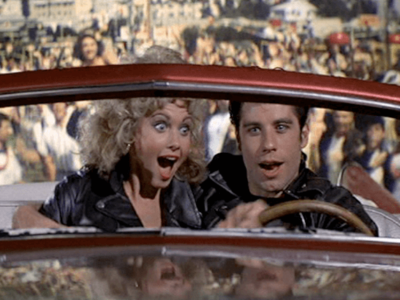You cruise down the road on your way to class, one window cracked open to enjoy the relaxing breeze outside. Checking the mirror, you see enough room and successfully change lanes. Eeeeeeeeeek—thud. Seems like the person behind you didn’t notice. College brings an unprecedented of independence and freedom, but every now and then we need some serious help. Before you call your dad about that fender bender, take matters into your own hands and read what the experts have to say.
1. Check your bumps and bruises

Accidents happen to the best of us and more often than not, they come out of nowhere.
“I was turning left at a stoplight and someone on the other side of the intersection was texting and didn’t see the light had turned. He drove through the light and straight into my car,” said Indiana University senior Brianna Kwasiborski. “It was confusing because you always just instinctively trust that the other side is going to stop eventually without even thinking.”
It’s all fun and games until someone gets hurt. “Always err on the side of caution and have people seek out medical help or take them there immediately if they won’t go in an ambulance,” said Steve Tarrant, owner of a State Farm agency in Champaign, Illinois.
Unless you have a medical degree, leave the diagnosing to the professionals. Don’t make the mistake of failing to seek treatment for injuries or relying on self-diagnosis. “The types of injuries are based on different factors from the crash itself such as were they wearing a seatbelt,” said Kassie Campbell, the trauma outreach coordinator for University Hospital’s Trauma Center in Columbia, Missouri. “Common injuries include abrasions, contusions, lacerations, sprains, strains, fractures and internal injuries.” Maybe you did just finish binge-watching Grey’s Anatomy, but that doesn’t mean you should try to set up a splint yourself or pull someone out of the wreckage while Snow Patrol plays in the background.
2. File a report
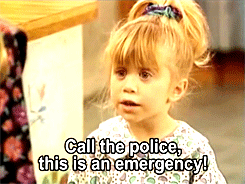
With injuries out of the way, call the police and file a crash report. “We recommend at least trying to file a police report,” said Alyson Tucker, staff attorney at Ohio State University Student Legal Services. “If the police won’t come, let’s say it’s a day with a lot of accidents and they’re telling you they’re not reporting to non-injury accidents, then you should always follow up with your local police department and file your own crash report.”
A police report helps to keep the facts straight after an accident. “Even if the other party says it was their fault, documenting what has gone on can save you later,” said insurance agent John Caywood. “Stories seem to change the farther you get removed from the accident.”
Include as many details as possible in your report to minimize the issues you face later on. “Take photos of all the cars in the accident from two or three different angles as long as this doesn’t cause problems for other people in traffic,” said Tarrant. “Tell police everything you noticed about the other driver immediately.” Taking notes saves you from forgetting details. Talking to an insurance claim representative sometimes takes a few days and you never know what might be important.
3. Ask for digits

No need to play coy. Ask for the other driver’s information before leaving the scene. “I would always exchange contact and insurance information from a driver,” said Caywood. “Even go so far as to have them call you from their cellphone to save the number and make sure it’s legit.”
“Trade information including your name, address, phone number, driver’s license number and insurance,” said Tucker. “Its fine to talk to the other driver to exchange information, you don’t necessarily need to admit to wrongdoing.” Be polite, but don’t dig yourself into a hole by taking the blame.
Don’t be embarrassed by the people who stop and stare. Those rubbernecking witnesses can provide valuable verifications of your story, so be sure to get their information as well. “If anyone witnessed what caused the accident or if they saw the other person run a stop sign or speed up to try and beat a yellow or red light, get their information,” said Tarrant.
4. File a claim
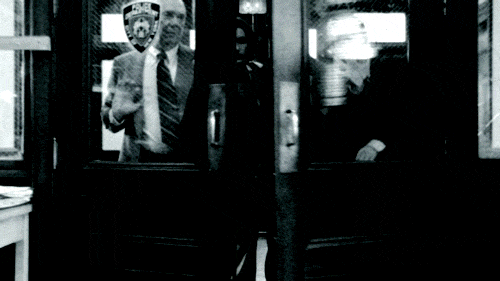
Contact your insurance company as soon as possible after the accident. “You’ll need to contact your insurance company so they can get a claim started and have an adjuster assigned to the file, and they can help you through the insurance process,” said Tucker. “It can be difficult to navigate the insurance companies, because the lingo and the process is very confusing and students can get overwhelmed by that.” Dealing with the mental, physical and economic effects of an accident can build up, but you don’t have to handle it all by yourself. Most campuses have student legal services that specialize in helping students from handling their insurance to representation in court.
5. Change your ways
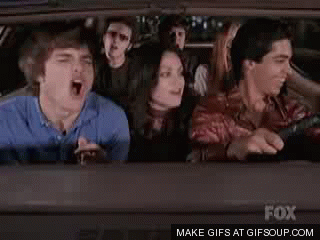
Drivers in their 20s make up 27 percent of the distracted drivers in fatal crashes, according to the National Highway Traffic Safety Administration.
Every driver thinks they can get away with texting while driving, but eventually it will cause an accident. “Make it a rule that the cell phone is not out when you are driving; if it rings or buzzes, that means you will pull over or answer it later when you stop; not automatically pick it up while driving,” said Tarrant. “A text message is not worth a death.”
Despite escaping her accident with only a seatbelt burn across her chest, Kwasiborksi said it continues to affect her today. “I get really anxious on the road,” she said. “You could be the best driver in the world and still get into one due to something else and that’s so scary to me. I’m constantly worrying about what cars around me are doing.”
Don’t become a statistic; check yourself before you wreck yourself and everyone else on the road.
5 Extra Steps For More Serious Car Accidents
Written by Chris Joseph
Accidents happen. Sometimes they luckily amount to nothing more than a fender bender. Other times they can result in a far more severe outcome and require much more attention. I truly hope that if you do find yourself in some type of car accident it will qualify for the former type. But if it happens to fall into the category of the latter, then follow these essential steps in order to ensure that you maintain your wellbeing and get back behind the wheel in no time.
1. Get Out
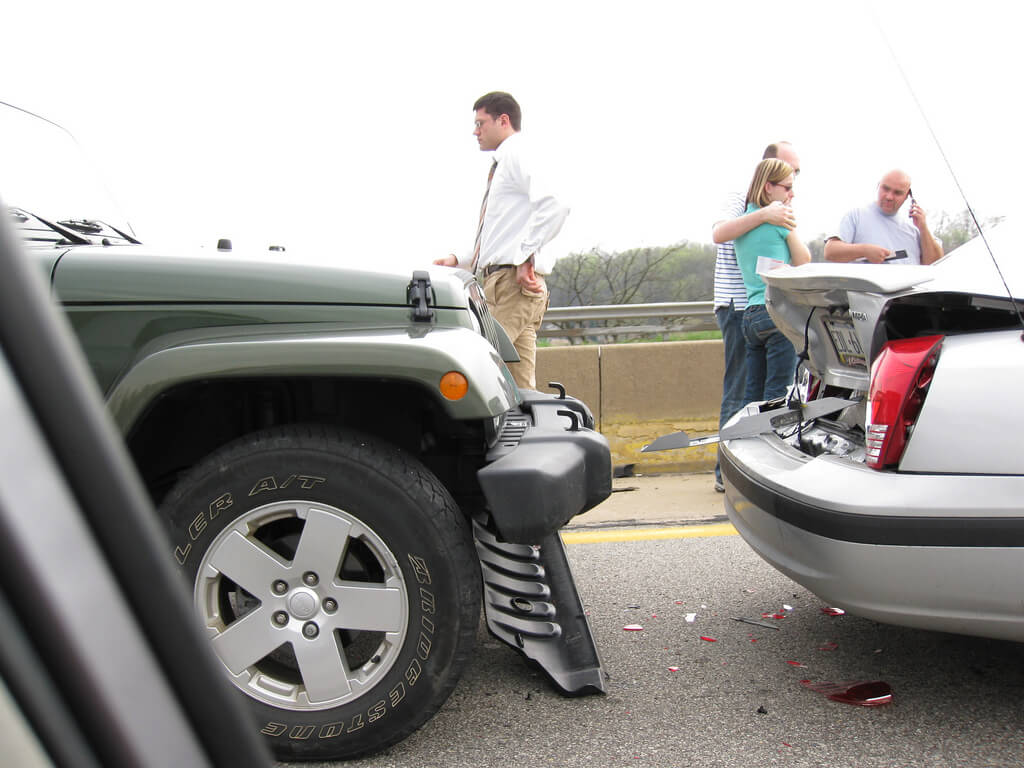
It’s sudden, loud and very scary. If you ever find yourself in a car crash, you must, to the best of your ability, quickly ensure the safety of you and your passengers. “The car flipped over once and the strangest part was being upside down in it,” said Florida State University junior Claudio Williams. Williams goes on to describe his car crash experience as “crazy” and “rage-inducing.” These reactions may also flood through your head after a wreck. I know that your car feels like your baby and you want to see the damages immediately, but after ensuring the status of yourself and your passengers, you must swiftly find a way to exit the vehicle. This may mean breaking a window or “crawling out through an open windshield” like Williams. Regardless of the method, the act of gauging the danger that the vehicle presents turns significantly more difficult when trapped inside of it. Ensuring an escape route for you and your passengers will not only prevent further injury, but allow you to further assess the damage to the vehicle. If you and/or one of your passengers cannot move, wait for emergency services to arrive to get their assistance so you do not make any injuries worse.
2. Don’t Run
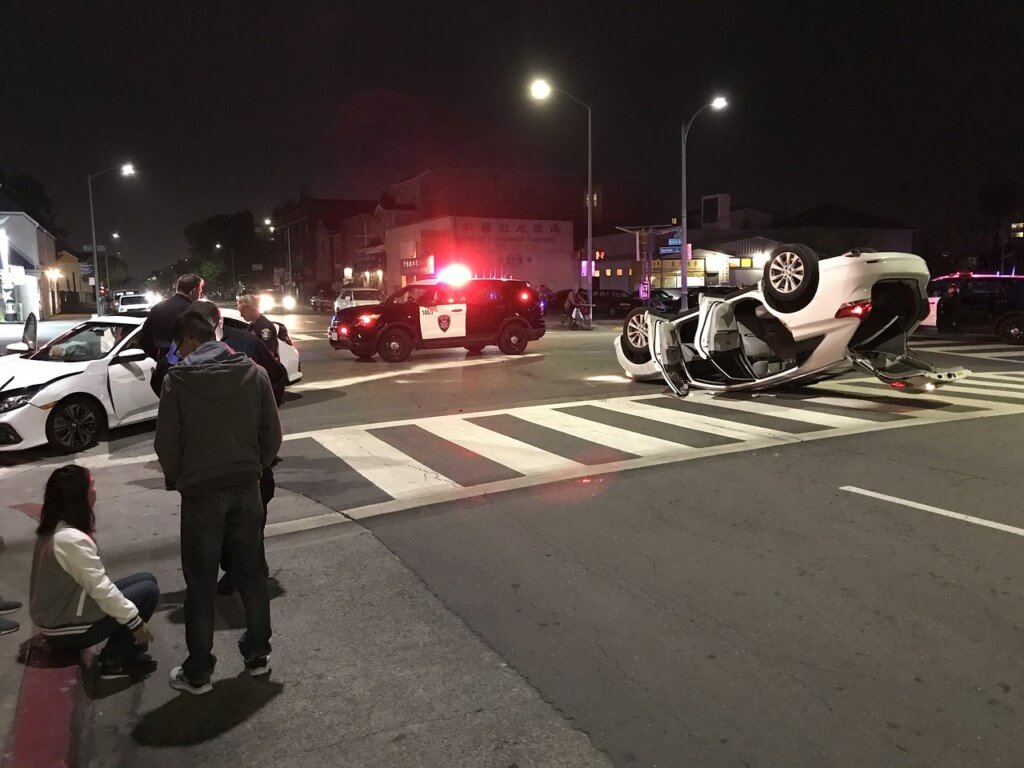
For the sake of argument, let’s say that the blame of causing a severe car accident falls on you. If you hold the most blame, especially if your vehicle retains less damage than the people that you’ve hit, then I cannot express the importance of calling the police immediately. “A police report is the second most important part of the accident process after making sure you and your passengers are safe,” said Officer Endara of the Tallahassee Police department. “No matter how minor or major the incident, you should always call emergency services in order to end up with the best outcome.” I understand the fear and worry that might go through your head at this moment. I can assure you, though, that running away from the scene of an accident without reporting it can not only come back to bite you in the butt later on, but can also potentially result in an unnecessary death or injury.
3. Calm Down

As stated before, with your endorphins firing all over the place immediately after a crash, many thoughts will flood through your mind. “How did this happen?” “Is everyone okay?” “What will I do about my car?” A lot of sensory input will come at you and you have to do your best to maintain yourself. The hysteria caused by the situation can cloud your thoughts and prevent you from taking in all the necessary information from the scene. “Typically people calm down through controlled breathing and reassurance that everyone is all right,” said Officer Endara. I know that all accidents won’t always result in no serious injuries or fatalities. But even amidst this possibility, I advise you to take deep breaths, put the value of you and your passenger’s lives into perspective, and try to process everything around you in a way that you can repeat back to emergency services. Reassurance that your insurance will cover the damage for your car can also help calm the nerves. Having insurance makes the road to repairing your vehicle all that much easier according to a State Farm agent Mel Youmans: “An insurance claim is the easiest part of the accident process if both parties have proper insurance.” Once that worry gets out of the way, it’ll be much easier to comprehend what exactly has happened.
4. Notify Friends and Family

When your parents send you off to college, they will naturally worry whether or not you will remain safe. I know you feel like an adult now and that you can handle things by yourself (and in most senses you can), but please notify your family and loved ones of your situation. They can provide both emotional and, potentially, financial assistance when you may need it the most. Leaving someone close to you in the dark on serious matters such as this can be very nerve-wrecking for them as well, and very selfish on your part. If you feel fine, let them know. If you are injured, let them know. Just whatever you do, don’t retain that independent college student mindset and live in the delusion that you don’t need any parental assistance when it comes to matters like this. They love you, so make sure that they know that you made it out okay.
5. Secure Alternative Transportation
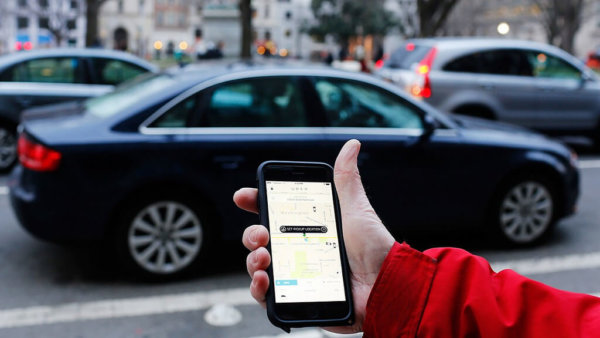
This advice pertains to your life after the initial accident. With your car currently out-of-commission, you must find alternative means of getting around town. After all, your life won’t simply stop just because you got into an accident. You must find a way to commute to class, your job, home and any other extracurricular activities or plans you may have. Viable options include finally using that free bus or shuttle service that your campus probably offers or taking advantage of a friendly car pool. Perhaps you would like to get more exercise and bike where you need to go while you wait on your insurance claim to go through. Or, if you have money to spare, you can simply just Uber or Lyft your way around campus. Regardless of the method, getting back into your daily grind without your primary mode of transportation can feel like one of the harder aspects of an accident. Alleviate that hardship by finding a solid and consistent means of travel while you wait for your insurance check.
**Updated on March 7, 2018 to include “5 Extra Steps For More Serious Car Accidents” by Chris Joseph

